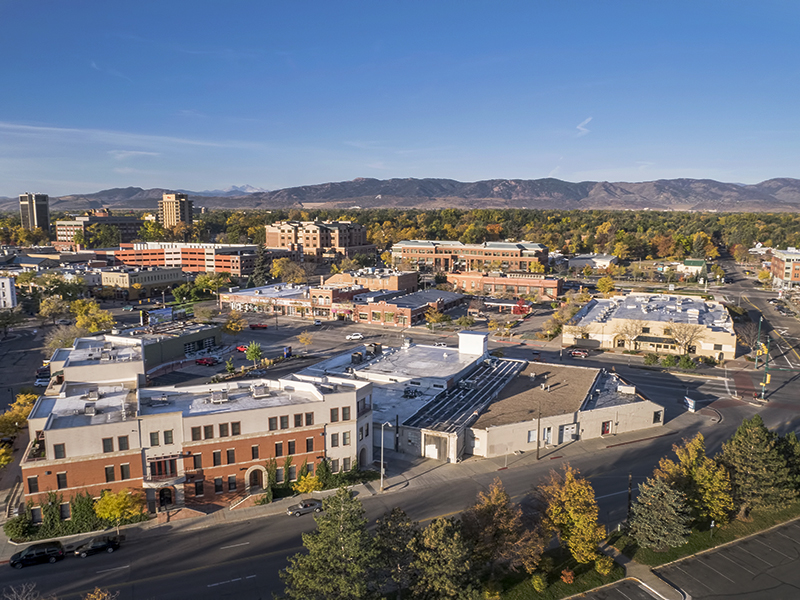A digest of timely information and insight about finance, investing, and retirement.
How to spot the best cities for retirement | Washington Post
We make decisions on where we want to live in retirement based on how livable a city is or how much we love a neighborhood. So listings of the best cities to retire may be more useful than lists of best states. In its Best Cities to Retire, ValuePenguin evaluated 200 metro areas across 24 key data points – things like housing and taxes, healthcare and safety, travel and leisure and quality of life. Fort Collins comes in at second place, the first of three Colorado metro areas to crack Value Penguin’s top 20.
Of retirement age, but remaining in the work force | The New York Times
After a longtime trend toward early retirement reversed during the 1980s, seniors’ employment has continued to rise steadily. A recent Pew Research Center analysis of federal employment data shows that in May of 2000, 12.8 percent of those older than 65 held a job. By this May, the number had climbed substantially, to 18.8 percent. Though the Great Recession caused a dip, it took a greater toll on younger workers. Now, adults 65 to 69 are more likely to be working than teenagers, except during the summer.
A single woman’s guide to retirement planning | The Fiscal Times
When it comes to retirement planning, women start out at a disadvantage thanks to an earnings gap that creates disparities in everything from Social Security to 401(k) balances. Women also live an average of five years longer than men and are more likely to take time out from the workforce, which means that they’ve got to stretch fewer dollars over a longer period of time. And non-married women are the most likely to consider themselves behind when it comes to planning and saving for retirement. A few important tips can help make sure you’re financially secure in retirement, whether you’re in a relationship or not.
Health care costs still eating into employer revenue | PlanSponsor
While increases in health care costs are slowing, they continue to outpace inflation by a wide margin, according to the National Healthcare Trend Survey from Xerox HR Services. The rising expense of health care is causing employers to shift more costs to employees, resulting in some consumers weighing price into their decisions of where and when to seek health care, and even delaying treatment due to cost.
The hottest start up market? Baby boomers | The New York Times
With an estimated 74.9 million baby boomers, according to Pew Research Center, the biggest market opportunity for start-ups is older Americans rather than hip millenials. Companies are plugging into a wealthy slice of the over-50 demographic called the longevity market, whose annual economic activity currently amounts to $7.6 trillion, according to AARP.
The science behind why you don’t save (and what to do about it) | Time-Money
Nearly half of all Americans age 55 and older have no retirement savings, other than Social Security. So why don’t we save more? It’s not just because many Americans are too poor to set aside money. Certainly, a lack of resources makes it hard to save, but research shows that for many of us, the problem lies elsewhere. Behavioral economists have found that psychological obstacles prevent us from making choices that will benefit us in the long run. Fortunately, there are ways to use our understanding of the psychology of (imperfect) decision making to our advantage.




